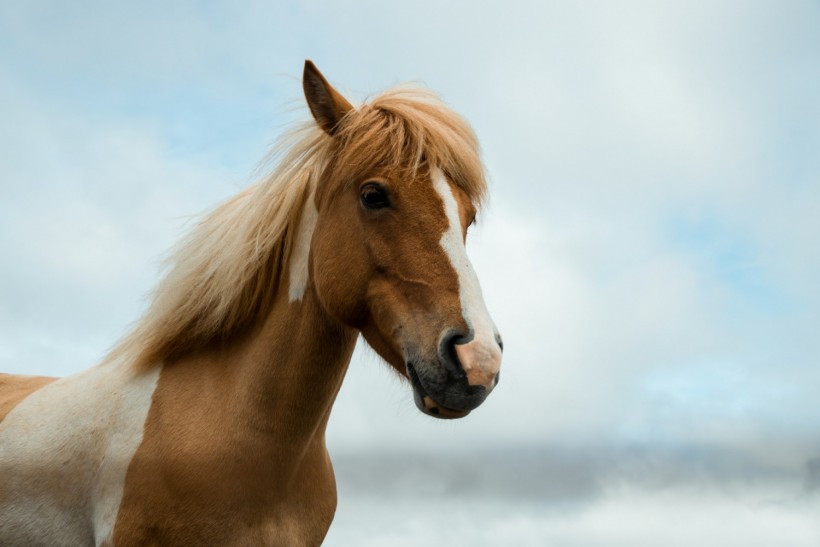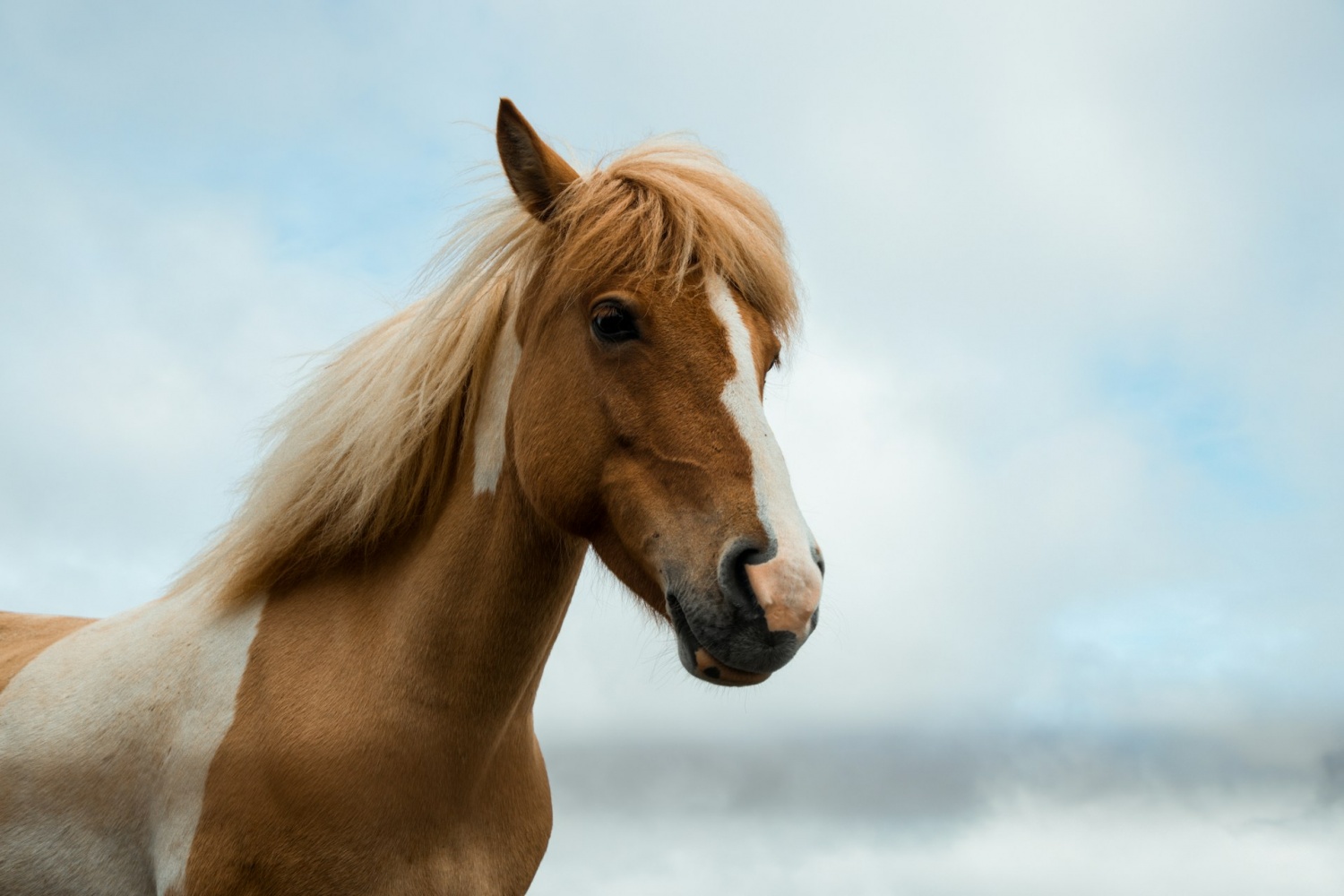[ad_1]
Ancient horse burials in France dating around 2,000 years ago have astonished archaeologists who discovered animals remains during the excavation of multiple pits in the central part of the European country. Although the context surrounding the deaths of the hoofed mammals remains a mystery, experts have linked their burials to the Gallic Wars of animal sacrifice rituals thousands of years ago.
Ancient Horse Burial Mystery

The ancient horse burial mystery in France was revealed on Thursday, May 30, wherein researchers from the French National Institute of Preventive Archaeological Research (INRAP) found traces of a fortified Celtic settlement in the area. This is according to a cited report by the Archaeology Magazine on Thursday, a publication of the Archaeological Institute of America.
Based on the report, the horse bones have been radiocarbon-dated and show their origins hailing from between 100 B.C. and A.D. 100. The specimens come from the nine pits that the INRAP archaeologists found. The site contained the remains of a total of 28 horses located in the Villedieu-sur-Indre commune of the Indre department in central France.
In one of the 28 pits, the researchers found the complete, intact remains of 10 horses and another with the remains of two horses. All of the horses were adults or fully grown stallions. The ancient burial site also contained the remains of two dogs. As of Thursday, the other graves have not yet been excavated by the archaeologists.
Also Read: Skeletal Remains of Headless Horse and Man Discovered by Archaeologists in Germany
Gallic Wars and Animal Sacrifices
The term “Gallic Wars” is a historical event involving a series of wars between the ancient Roman republic and different tribes of Gaul. Also called Gallic tribes, these inhabitants were Celtic tribes that lived in what is now parts of modern France, Belgium, Germany, and the United Kingdom.
The Gallic Wars took place from 58 B.C. to 50 B.C. between aggressive Roman invaders and a resistance group consisting of Gallic, Germanic, and British tribes defending their homeland. It is also during this conflict that a contingent of cavalry (soldiers who fought on horseback) are common. In this context, evidence suggests the excavated horse remains were buried shortly after their deaths.
This is not the first instance buried horses, ancient wild animals, and pets from thousands of years ago were discovered in modern times. In 2022, archaeologists unearthed the remains of a headless horse and a man. Scientists estimate the horse remains to be approximately 1,400 years old, adding the horse was part of a burial ceremony instead of an animal sacrifice ritual.
If not because of war, horses in ancient civilizations were also buried as part of cultural or religious traditions called animal sacrifices. These practices have been discovered in different parts of the world, including Europe. According to a 2023 study published in the journal Nature, researchers found that cattle and other animals in 5th century B.C. Spain were killed as part of ancient mass animal sacrifices.
Related Article: Ancient Animal Lovers: Dogs, Horses and Other Animals Found Buried Alongside Humans in Italy Over 2,000 Years Ago [Study]
© 2024 NatureWorldNews.com All rights reserved. Do not reproduce without permission.



